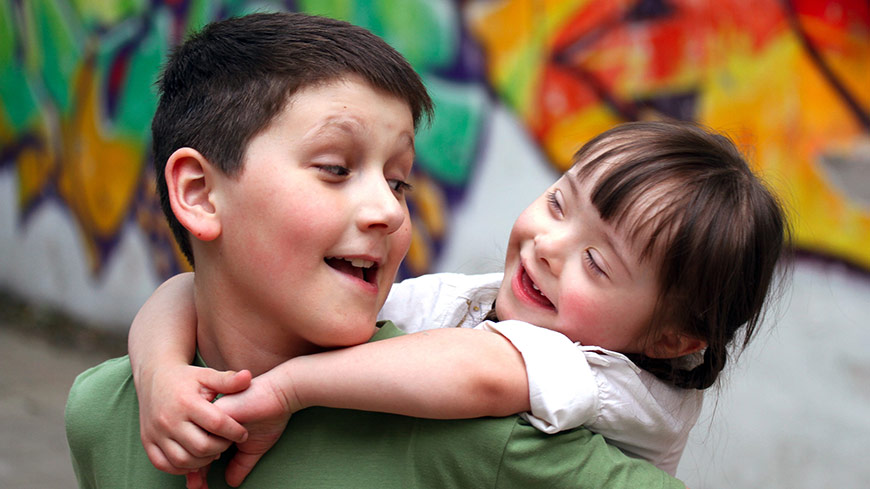“The right to education is a fundamental human right. Yet, many European countries still deny thousands of children, including children with disabilities, Roma children and refugee or migrant children, equal access to it by keeping them in segregated schools. This is a violation of children’s human rights with far-reaching negative consequences for our societies. Member states have an obligation to secure the right of every child to quality education without discrimination”, said today the Council of Europe Commissioner for Human Rights, Nils Muižnieks, while releasing a paper on tackling school segregation through inclusive education.
The paper first provides an overview of school segregation in Council of Europe member states, as well as its main causes. It then reviews the risks that separate education entails and outlines the key principles that should underpin any policy to eradicate segregation and promote inclusive education. Finally, the report sets forth twelve recommendations to develop more inclusive education policies, in particular through improved anti-discrimination legislation, school desegregation strategies and better regulation of school admissions.
“School segregation harms children’s learning opportunities and is a clear injustice against minority and other vulnerable groups of people, which also perpetuates their marginalisation”, says the Commissioner. “States should adopt a combination of strong anti-discrimination measures and policies that promote more inclusive education systems where all children learn together. This is not a utopian project, but an achievable goal that can ensure more equal treatment of all children and, in the long term, improve social cohesion”, says Commissioner Muižnieks.
- Read the position paper on combating school segregation through inclusive education
Available versions: Albanian | Bosnian | Croatian | Czech | English | French | Macedonian | Spanish - Read the summary on the position paper on combating school segragation
- Read more about the Commissioner’s work to advance the protection of children’s rights



